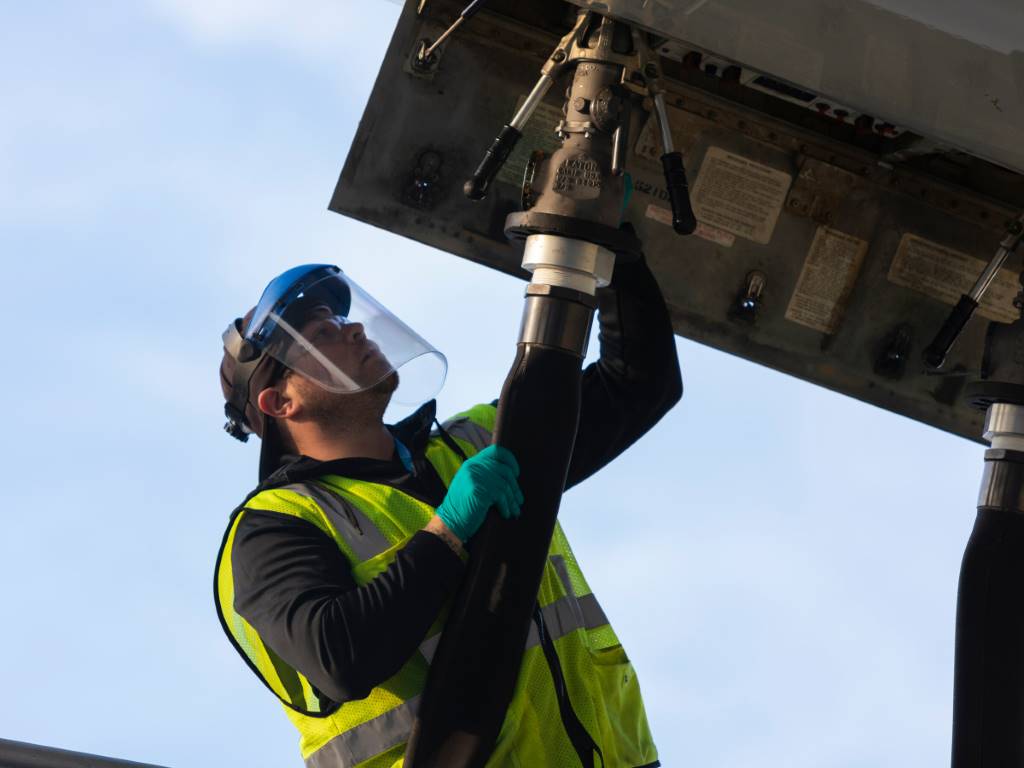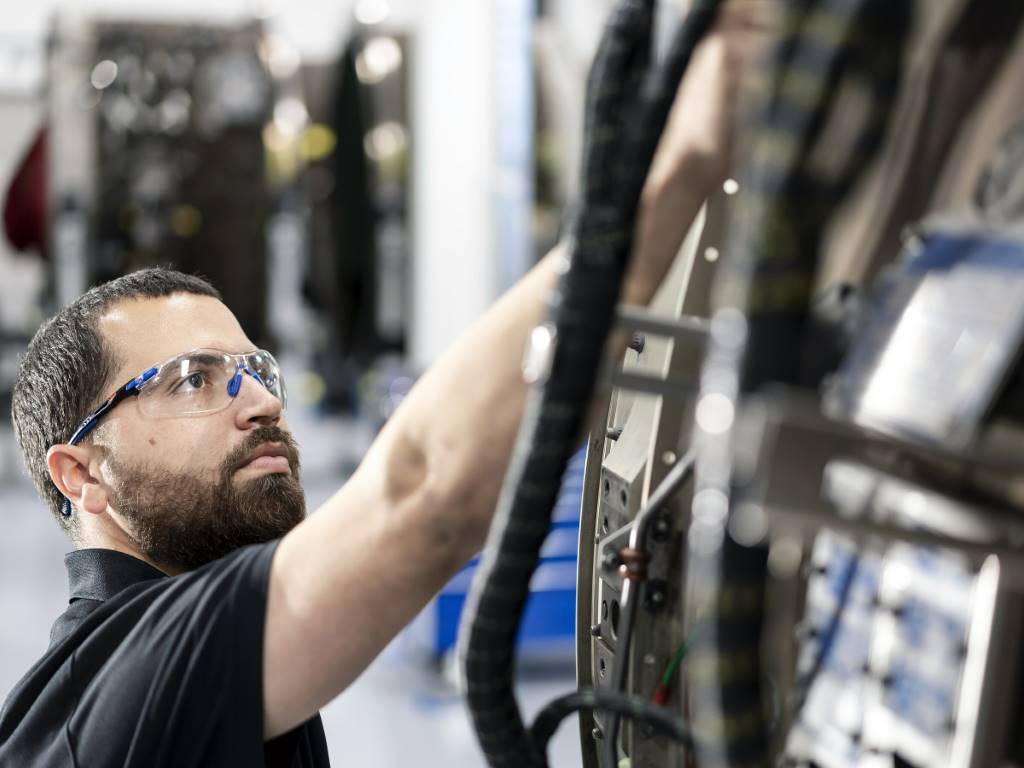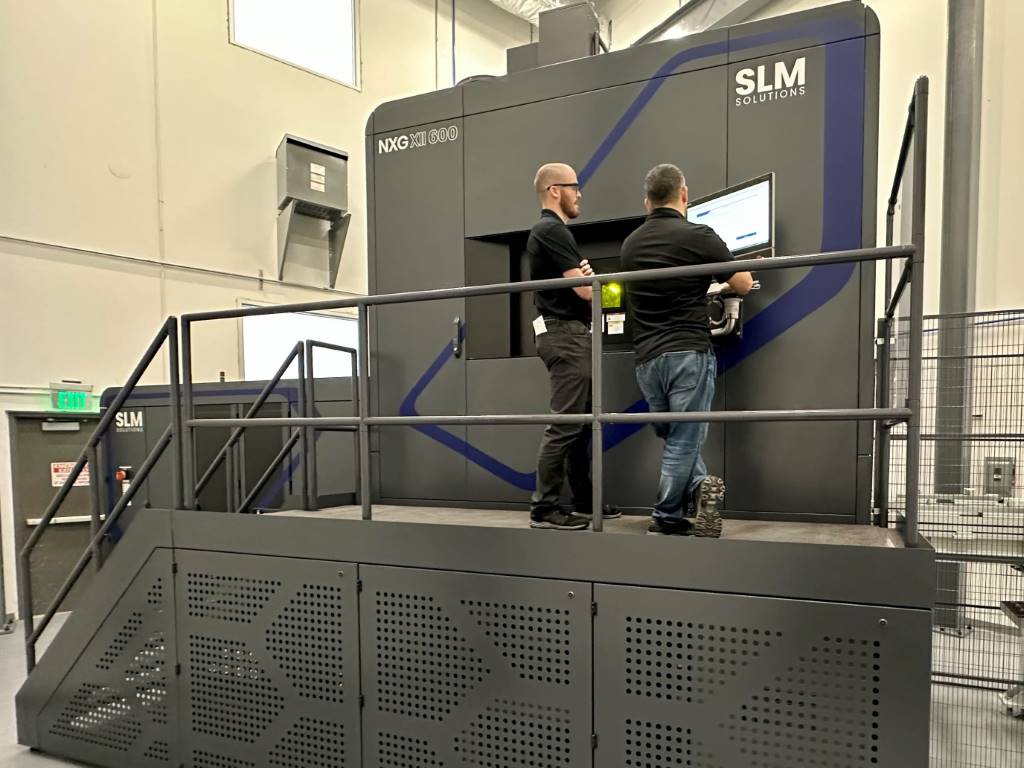'FAST-forge' could change UK’s high value manufacturing industry

Researchers have developed a new concept in high value manufacturing which could lead to a more cost effective and sustainable production process in the aerospace industry.
FAST-forge, developed by engineers at the University of Sheffield and funded by Innovate UK, is a new process for the production of aerospace grade titanium alloys. The technology will provide engineers with more design flexibility, and potentially lead to improved buy-to-fly ratios: currently for some aerospace components, 90% of the forged titanium alloy is machined away to waste material.
Availability of titanium is key to the UK’s ever-growing aerospace manufacturing industry, second in size only to the US. Primary aerospace companies such as Rolls-Royce, Boeing and Airbus have long term supply agreements with titanium producers, such as TIMET and VSMPO-AVISMA.
However, with growing demand for air travel across the globe, orders of civil aircraft, which are increasingly being manufactured from carbon composite fuselage and wing structures, are set to rise over the next decade. This will result in a corresponding increase in the need for titanium for fasteners and high strength forgings due to its compatibility with carbon.
With current world mill production capacity at approximately 130,000t, there will be restricted availability of titanium for both the aerospace and non-aerospace sectors unless additional sources of titanium are made available.
Dr Martin Jackson, director aerospace engineering and co-director of the Sheffield Titanium Alloy Research group (STAR) said: “Titanium is a light-weight and inherent corrosion resistant material, giving it performance, environmental and cost ownership advantages over high grade steels. But it is three times the cost of steel, with limited supply. The FAST-forge process shows how the benefits of titanium over steel can be achieved more efficiently and at lower cost.”
Working with UK industry partners Metalysis, the UK’s Defence Science and Technology Laboratory (DSTL), Advanced Forming Research Centre (AFRC) and Safran Landing Systems, the group of researchers are working to transform rutile sand to novel titanium alloy aerospace components in three steps: production of titanium powder from the rutile sand, field-assisted sintering technology and a one step forging process.
“As world leader in aircraft landing and braking systems, we’re highly interested in the prospects and benefits of such a breakthrough technology, said Jean-Philippe Villain-Chastre of Safran Landing Systems. In this project, we are bringing our state-of-the-art machining, testing capabilities and expertise in qualifying aerospace grade materials to ensure that the titanium components which will be manufactured under this new process become a benchmark for the industry.”













